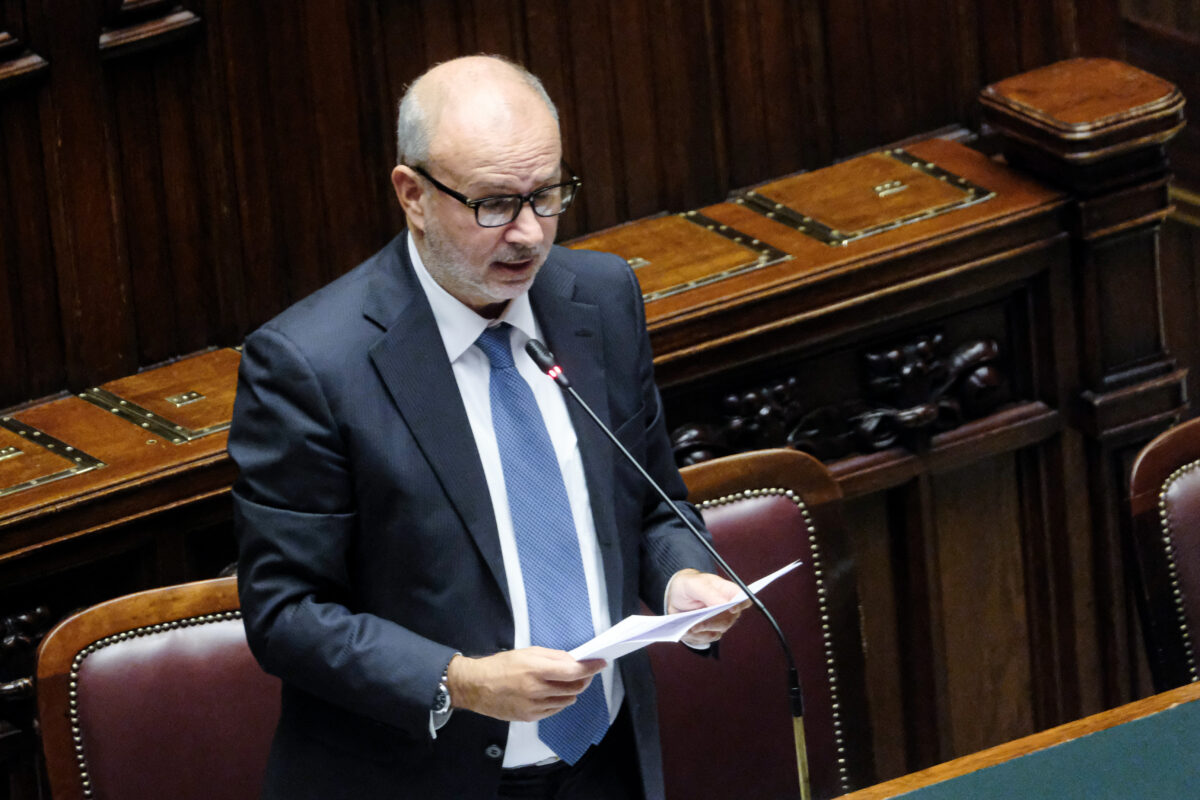Rome, Nov. 17 (LaPresse) – Health Minister Orazio Schillaci, in an interview with La Stampa, discussed the challenges facing the Italian healthcare system, emphasizing that the real issue is not just living longer, but living better. He said the government is focusing on active aging, promoting greater availability of services locally, with a focus on Community Health Centers, which should become the meeting point between healthcare and social services.
Schillaci also spoke about integrated home care, which needs to be strengthened to meet the needs of non-self-sufficient elderly citizens. Regarding recent rulings by the Supreme Court and the Council of State, he clarified that not all nursing home fees are covered by the local health authorities (ASL), only those for the most severely dependent patients. The minister announced plans to introduce clearer criteria and a more advanced healthcare ISEE, taking into account family composition and degree of disability.
He reiterated the importance of family caregivers, calling them the invisible backbone of Italian welfare, and stressed that the government is enhancing territorial assistance to support families. On the nursing shortage, Schillaci described it as a “real emergency,” but said solutions are being implemented, such as bilateral agreements with foreign countries and incentives to make the profession more attractive.
In response to opposition accusations regarding healthcare defunding, the minister pointed out that the budget provides the largest increase ever for the Health Fund, with €136.5 billion for 2025, over €10 billion more than in 2022. Finally, on the topic of private practice within hospitals (intramoenia), Schillaci said that while private practice is a right, it cannot compromise access to public services, especially when waiting lists are too long. He announced that the government will intervene where necessary to ensure equity in care.


